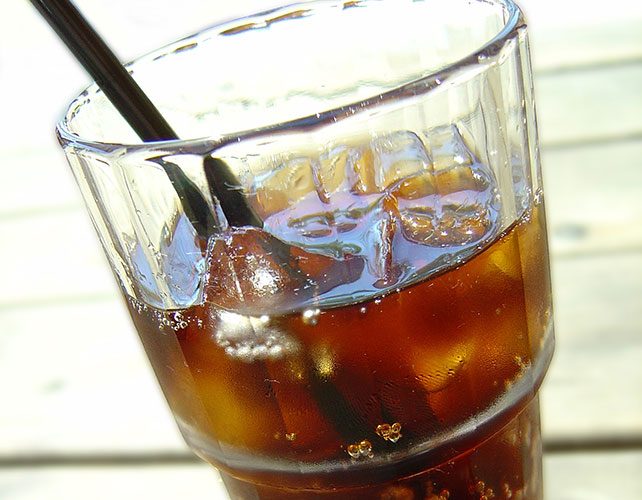
Global organisations urge Coke, Pepsi to acknowledge soda’s link to obesity & curb marketing to kids
The George Institute for Global Health has joined health groups around the world calling on Coca-Cola and PepsiCo to stop marketing sugary drinks to children.
Organised by the non-profit Centre for Science in the Public Interest (CSPI) in Washington, DC, the groups have written to the CEO’s of Coca-Cola and PepsiCo and also the companies’ major institutional investors in the run-up to Coca-Cola’s annual meeting on April 27 and PepsiCo’s on May 4. Read the letter to Coca-Cola (PDF 508KB).
“While sugar-drink consumption in the United States and Europe has been declining, your company and others are investing billions of dollars annually to increase sales in low/middle-income countries Asia, Africa, the Middle East, and Latin America,” according to the letter.
Lower-income countries, in particular, will face steep and sometimes-unaffordable increases in the health-care costs associated with rising rates of type 2 diabetes, obesity, heart disease, and other soda-related health problems, the groups say.
In February, CSPI released Carbonating the World, a report exposing the billions of dollars Coke and Pepsi are spending in such countries as Brazil, China, India, and Mexico to promote sugar-drink sales. CSPI said that the soda companies are following in the footsteps of tobacco companies, which, as cigarette sales in the United States plummeted, increased their marketing in the developing world. Gary Fayard, Coke’s chief financial officer, called the world’s 3.5 billion people in their teens and twenties the company’s “core demographic.” Coca-Cola has emerged as Africa’s top employer, according to the report.

The groups writing to Coke and Pepsi today are also urging the companies to reduce container sizes, include warning notices about adverse health effects on soda containers, reduce the calorie content of beverages to no more than 40 calories per 12 ounces, and stop fighting public health measures aimed at reducing soda consumption, such as the introduction of a sugar tax, warning labels, or marketing restrictions.
In Australia there is a commitment not to market soft drinks to children under 12, but it’s a self-regulated policy with no penalties. In 2015 Australians bought around 1.1 litres of sugary drinks at a cost of $2.2 billion – not including sales from fast food outlets, cinemas, vending machines, hotels and convenience stores.
The George Institute for Global Health’s Alexandra Jones said: “More than one in four Australians are now obese. The scale of the problem can’t be blamed on the individual. We live in an environment where companies like Coke and Pepsi are constantly bombarding us with sophisticated advertising designed to maximise their profits without respect for public health.
“Firm action is needed in Australia. We are calling on the Government to follow the UK’s lead in announcing a sugar tax. A 20 per cent rise in the price of soft drinks and flavoured mineral waters would save 1,600 lives a year. It’s not a silver bullet but would send a clear message about just how dangerous these products are,” she added.
Co-signers of the letter, besides CSPI, include ACT+ (Alliance for the Control of Tobacco Use and Health Promotion) (Brazil), Alianza por la Salud Alimentaria (The Nutritional Health Alliance) (Mexico), Australia & New Zealand Obesity Society (Australia, China, India, UK), Centre for Science and Environment (India), Coalición Latinoamérica Saludable (CLAS; Healthy Latin America Coalition) (Latin America), Consumers International, The George Institute for Global Health, Instituto Brasileiro de Defesa do Consumidor (IDEC) (Brazil), InterAmerican Heart Foundation (Americas); International Baby Food Action Network (Global), World Obesity Federation (Global), World Public Health Nutrition Association (Global).





